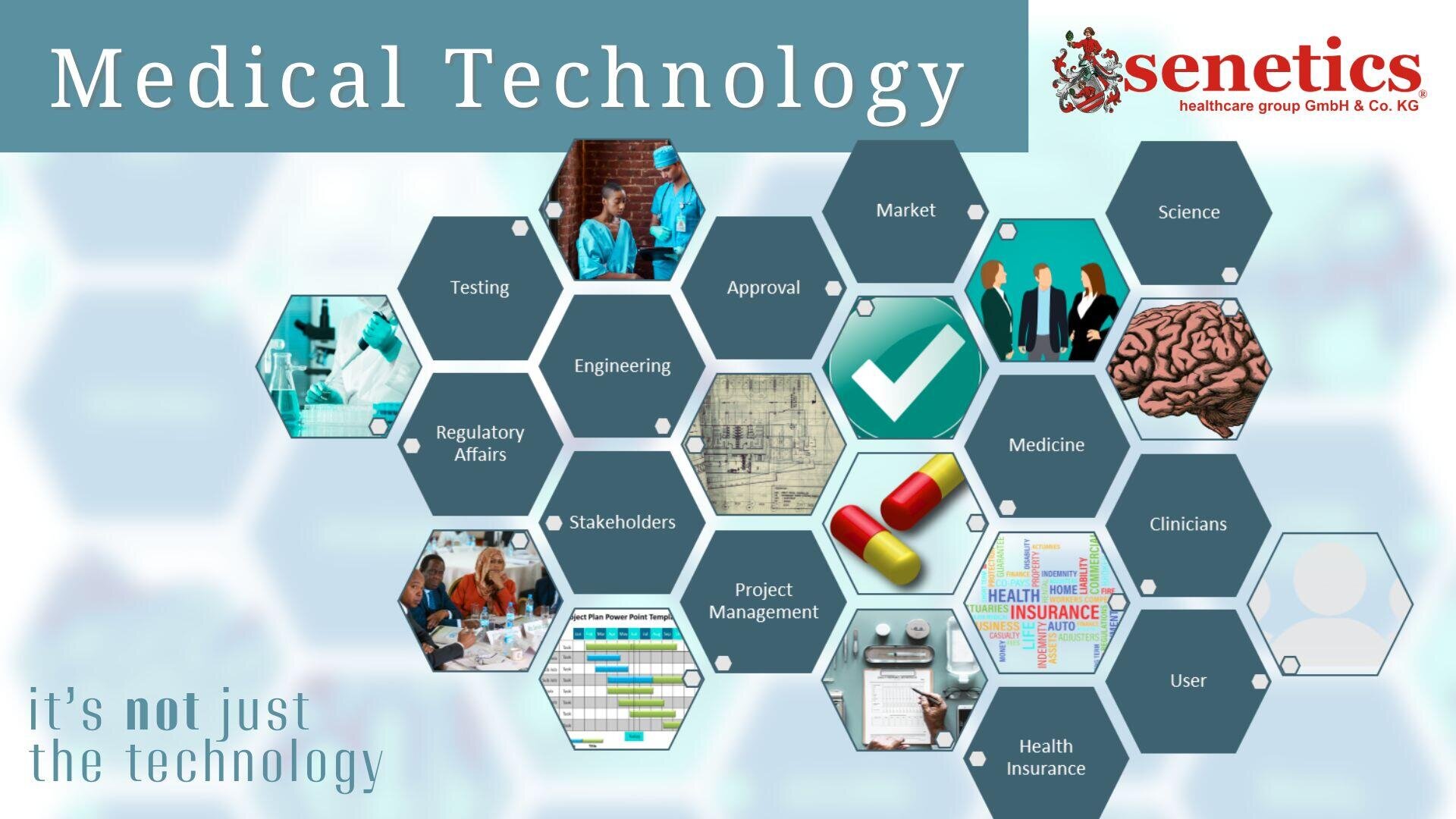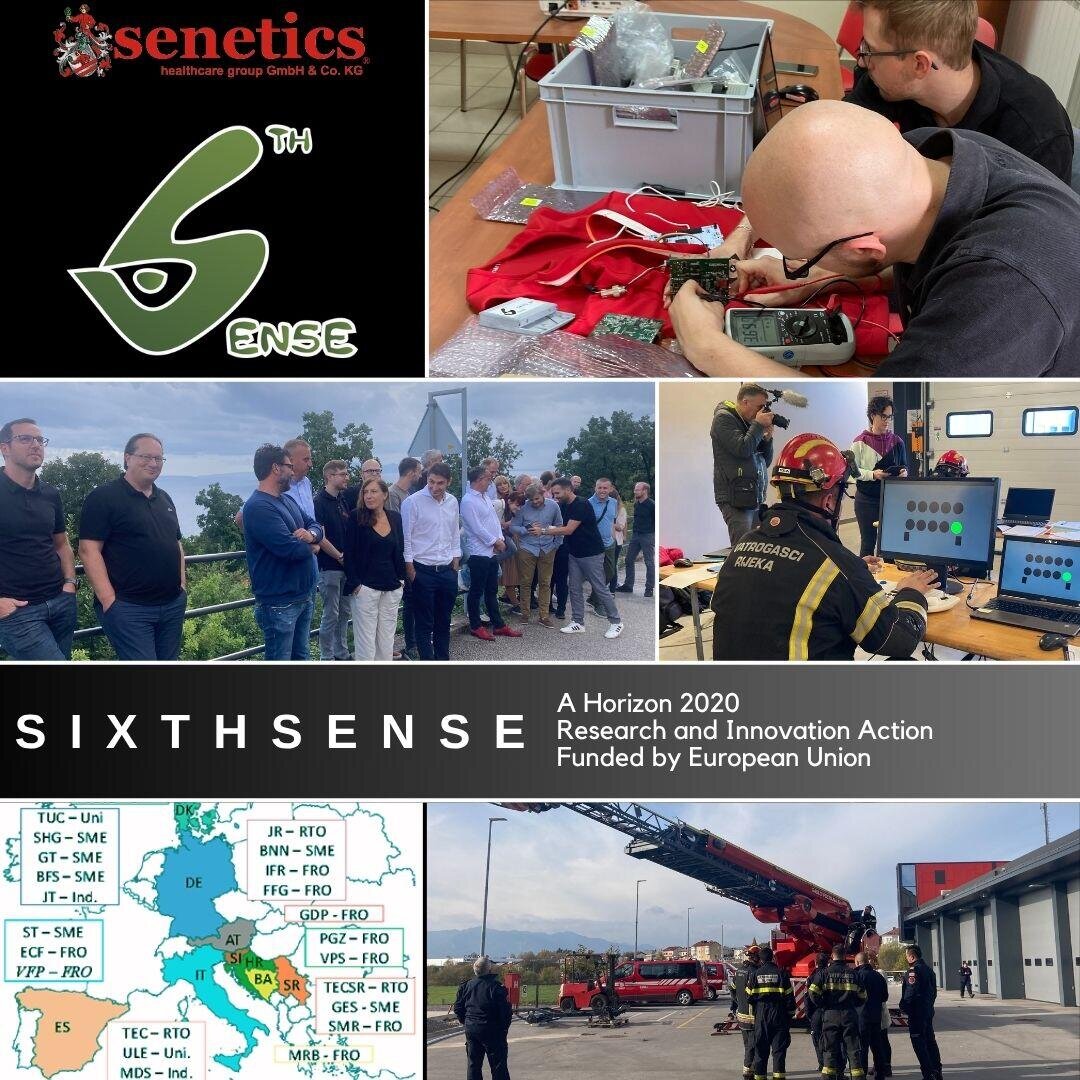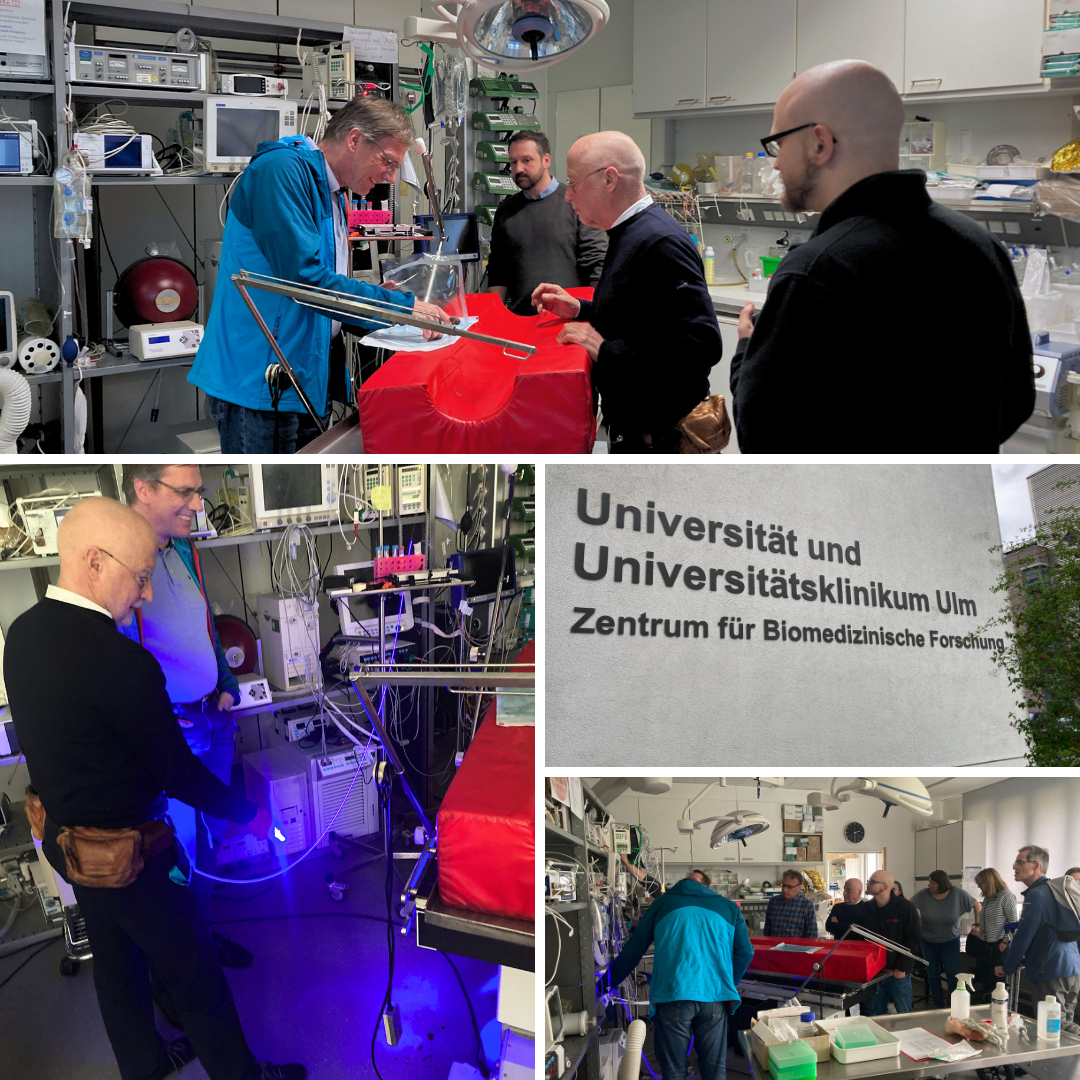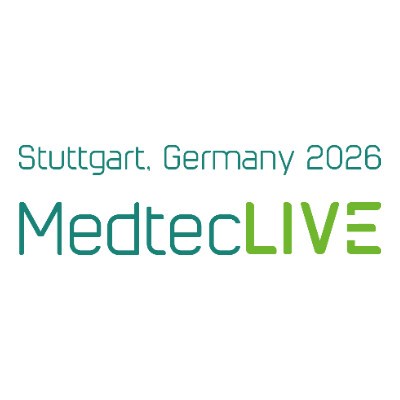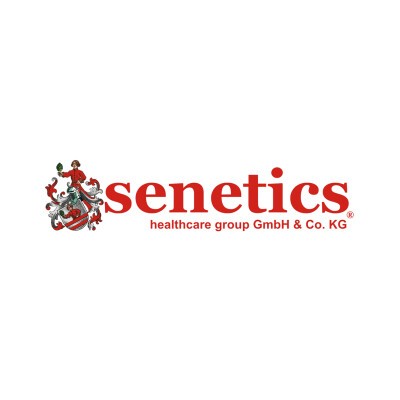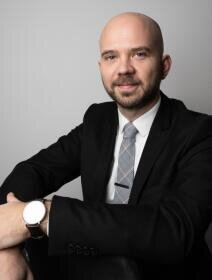Breaking Down Silos: How Interdisciplinary Collaboration Drives MedTech Success
The development of medical devices demands more than just engineering expertise. Learn from concrete examples how interdisciplinary collaboration across several areas drives innovation in healthcare technology.
"I did my master's degree in electrical engineering, but I've decided to focus on medical technology. It's more satisfying and fulfills a higher purpose than just building toasters." This insight from a medtech expert from the senetics healthcare group captures a fundamental truth about the medical technology industry: it's not just about engineering. It's about creating solutions that save and improve lives through the collaboration of diverse disciplines and expertise.
Beyond Engineering: The Multifaceted World of medical technology
Unlike traditional engineering products, medical devices represent a unique intersection of multiple technologies and fields. Where a car consistently features standard components like wheels, engines, and windows, medical devices vary dramatically in their complexity and application. They can be active medical devices with sophisticated software and firmware components, algorithms, specialized housings and enclosures, and can be designed for use both inside and outside the body.
The diversity extends beyond just the technical aspects - these devices often incorporate elements of multiple fields, creating what industry experts call "borderline products" that blur traditional boundaries between medical devices, pharmaceuticals, cosmetics, lifestyle products, and in-vitro diagnostics.
The complexity of medical devices is not only reflected in their physical design. Rather, they often operate in the field of tension between different disciplines - from pharmacy to microbiology to diagnostics. This calls for a more comprehensive skills profile than in conventional engineering projects. Development teams must combine technical expertise with regulatory knowledge, clinical application experience and an understanding of market mechanisms. This complexity makes MedTech a particularly challenging and rewarding industry.
Stakeholder Symphony: Orchestrating MedTech Success
The development of medical devices involves a complex network of stakeholders, each bringing essential perspectives and requirements to the table. Key players include:
- Engineering teams (mechanical, electrical, software)
- Regulatory affairs specialists
- Clinical experts and healthcare providers
- Project managers
- Health insurance companies
- End users and patients
Success in MedTech requires orchestrating these diverse stakeholders effectively. Each group brings unique requirements, concerns, and expertise that must be integrated into the final product. This collaboration ensures that devices are not only technically sound but also clinically effective and commercially viable.
From Concept to Market: The MedTech Journey
The path from initial concept to market launch of a medical product is complex and demanding. It involves several critical stages:
- Initial ideation and concept development
- Product development and engineering
- Biological and technical testing
- Regulatory approval processes
- Production setup and scaling
- Post-market surveillance
Each stage requires different expertise and careful coordination between teams. The regulatory requirements alone demand significant documentation, testing, and validation processes that must be integrated into the development timeline.
Innovation in Action: Real-world Applications
Real-world examples demonstrate how interdisciplinary collaboration drives innovation in MedTech. One notable example from the Horizon 2020 program SIXTHSENSE involved developing a vital parameter monitoring system for firefighters. This project implemented a sophisticated multi-modal system where firefighters wore specialized vests equipped with vital parameter sensors. The data from these sensors was transmitted to a main station, where advanced decision-making systems evaluated whether the personnel remained healthy enough to continue their operations safely. This project exemplified the integration of wearable technology, real-time monitoring, and safety protocols in a high-stakes environment.
Another innovative project, conducted in collaboration with the Ulm University of Applied Sciences (THU), Ulm University Hospital and another industrial partner, focuses on using blue light technology to reduce the growth of pathogens inside the body. This groundbreaking research brought together experts from diverse fields including photonics, cell microbiology, medicine, construction, electrical engineering and software development. What made this project particularly noteworthy was not just the technical innovation, but the high level of commitment and sense of purpose demonstrated by all team members. As Philip Eschenbacher, Head of Department R&D of senetics, notes, this shared dedication to improving medical outcomes makes such interdisciplinary collaborations particularly rewarding and effective.
Current research projects are also based on these principles. Universities and companies are working together to develop specialized laboratory equipment and new medical solutions. Their success is based on combining technical excellence with the common goal of sustainably improving healthcare.
Conclusion
The future of medical technology lies in breaking down traditional silos and fostering collaboration across disciplines. As medical devices become more sophisticated and healthcare challenges more complex, the ability to integrate diverse expertise becomes increasingly critical. Success in MedTech requires not just technical excellence, but the ability to orchestrate multiple stakeholders, navigate regulatory requirements, and maintain a clear focus on improving patient outcomes. This interdisciplinary approach will continue to drive innovation and advance the field of medical technology.
Editorial notice:
This article is based on the corresponding presentation during MedtecLIVE Innovation Expo 2025 and was created with the support of AI. The supporting programme of MedtecLIVE 2026, which will take place from 5 to 7 May 2026 in Stuttgart, also offers numerous lectures. The trade fair brings together suppliers, providers from the development and production of medical technology, OEMs, distributors and other players in the medical technology community.
